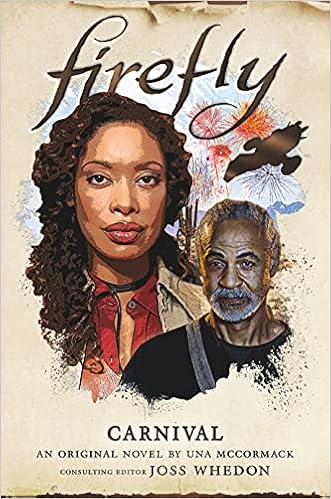
“Has John read your books?”
“I don’t know.”
“What do you mean? You guys talk about books all the time.”
“Well, sure. But not about my books.”
The above snippet of dialogue is verbatim from this past weekend, and it is Exhibit A in the case of Why I Absolutely Suck at Marketing.
In general, I do not know which of my friends have read any of my books. Yes, there are some exceptions to this—beta readers for a certainty, those who’ve expressed an opinion about a title—but if pressed, I know of only eight people who have definitely read one (or more) of my titles. And two of them are dead, so I’m really down to only six. That small list gets longer if I include people who I know have bought my books; but have they read them? One acquaintance told me flat out that she bought my books but did not read any of them, so I don’t take equate purchases with readers.
Why am I so in the dark on this topic? Because it is how I was raised. And it’s also my nature.
A big lesson of my youth was, “Don’t show off.” My father was insistent about this. “You have talents,” he would tell me, “but don’t get cocky, don’t show off, because there’s always going to be someone out there who’s richer or smarter or more talented than you are.” The subtext, coming from the grandson of a charcoal burner (yeah, it’s a real occupation), was essentially “Pride goeth before a fall.” Humility, my dad felt, consistently won over more people than braggadocio.
This fit well with my introverted mien. I have absolutely zero desire to “show off” and put myself in the spotlight (this blog notwithstanding), so self-deprecation and “hiding my lamp under a bushel” aren’t second nature; they’re first nature.
As a result, there are people who know me who don’t know that I’ve written nine novels (and counting). I don’t introduce myself, saying, “Hi, I’m Kurt. I’ve written nine novels. Heard of me? Want to read one?” In this age of self-publishing, being an accomplished novelist isn’t as big a deal as it used to be. Folks who learn of my bibliography might smile and nod, but the look in their eye betrays their unspoken reservations about the probable quality of my work.
None of this is to say I’m not proud of my books—I am—but there are just too many variables to the “Hi, I’m a writer” gambit. Nearly 20% of Americans didn’t read any books in the past year (print, e-book, or audiobook), and about half of the population has read fewer than six titles (and which ones do you think they’re going to buy? Mine?). Then there’s genre-preference, with “historical”-anything being at the low end of the popularity scale (and my stuff all being “historical”-something or other). Taken as a whole, there is absolutely no reason for me to expect that anyone I know is going to enjoy my books; the odds are simply against it.
Marketing is essentially nothing but “Look at me!” show-offery, and that is totally antithetical both to my attitude and to my nature. So, I suck at it.
However, this whole cover redux journey I recently began is nothing but marketing. Sort of. So, I’m a little conflicted. And a little anxious about the whole idea.
Still gonna do it, though.
k




 Unraveling Time
Unraveling Time Desert Wind
Desert Wind Ploughman's Son
Ploughman's Son Ploughman King
Ploughman King The Year the Cloud Fell
The Year the Cloud Fell The Spirit of Thunder
The Spirit of Thunder Shadow of the Storm
Shadow of the Storm The Cry of the Wind
The Cry of the Wind Beneath a Wounded Sky
Beneath a Wounded Sky Cryptogenesis: A Memoir
Cryptogenesis: A Memoir